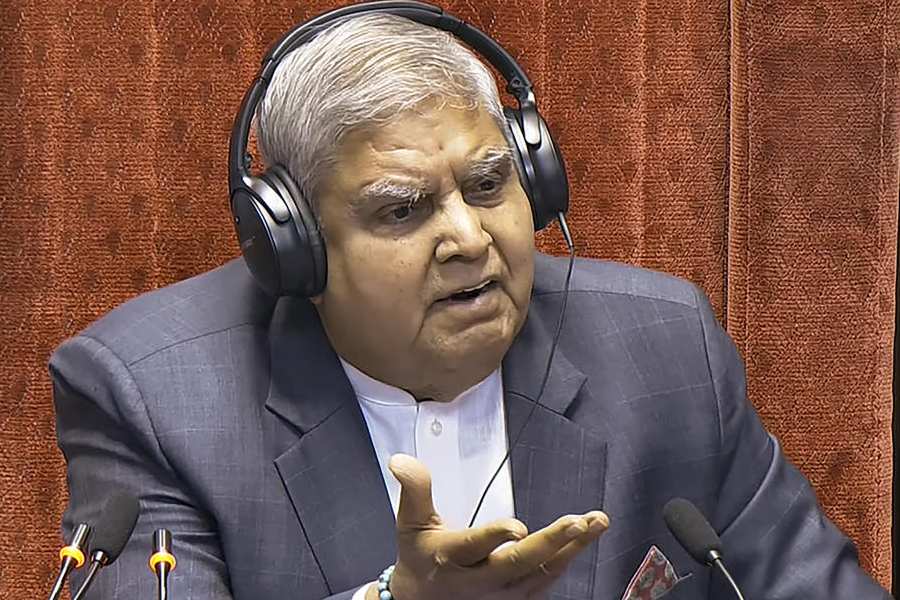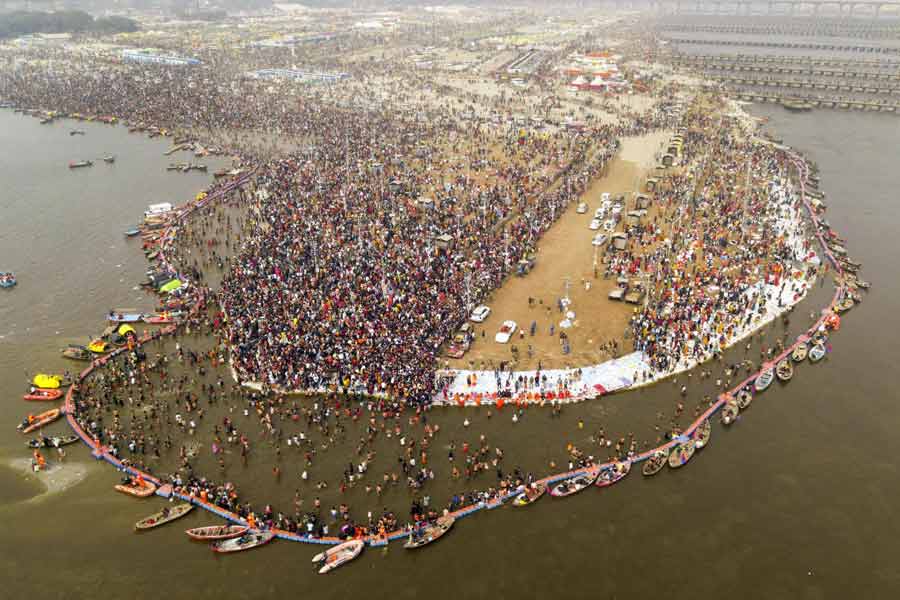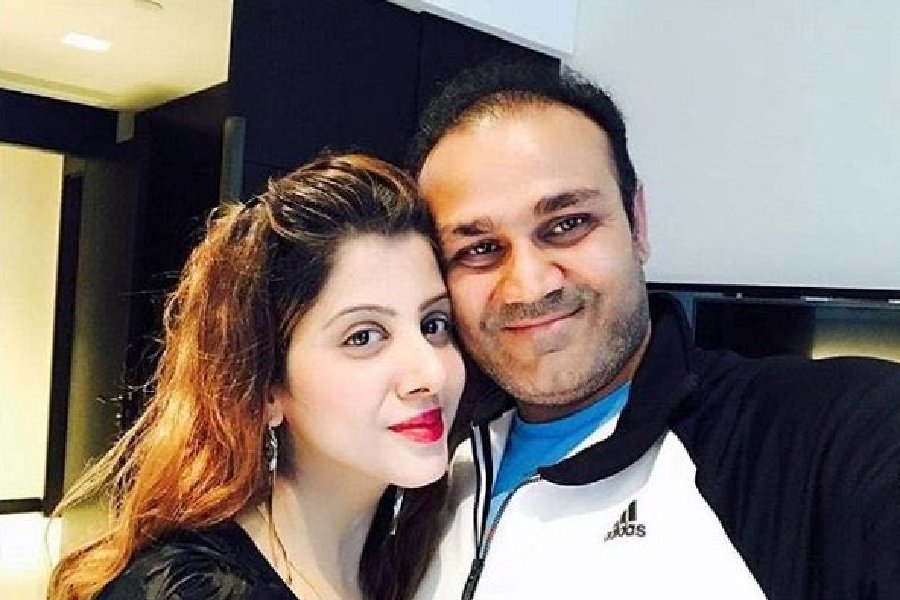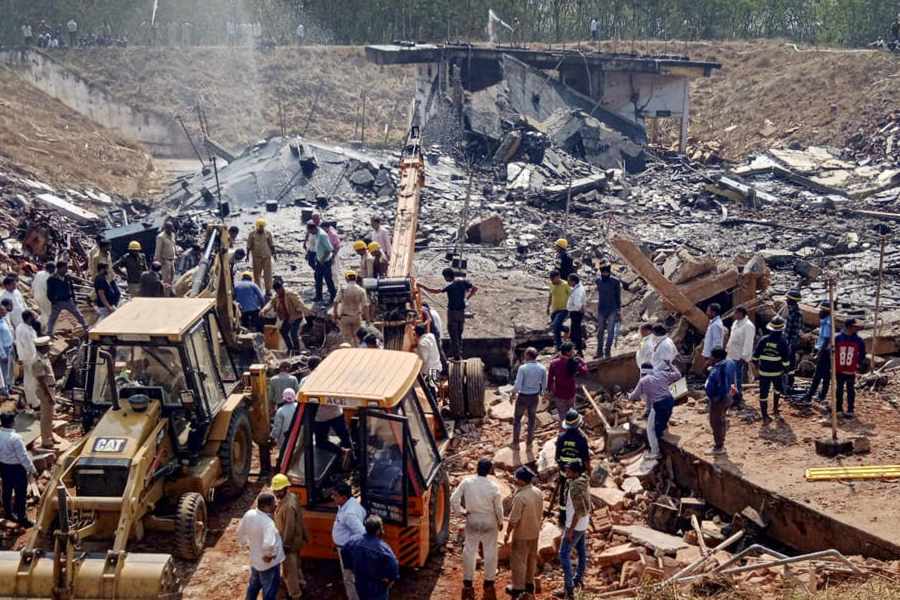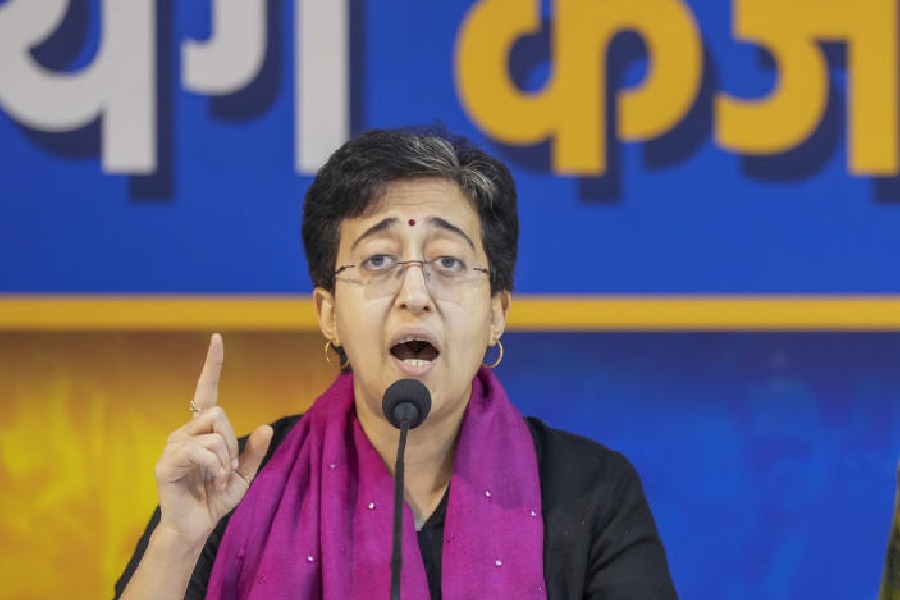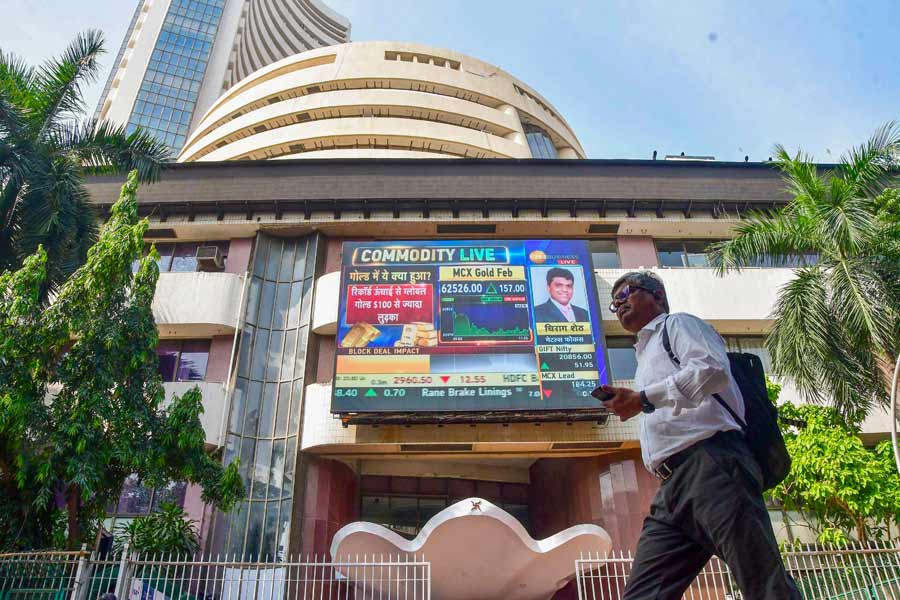Like the separation of the realms between the proverbial Church and the State, a clear, inviolable line should segregate the government from the party in power in a democracy. Unfortunately, Indian democracy has witnessed the convergence of this line on numerous occasions. The function hosted by the Union ministry of culture at the Victoria Memorial — the prime minister was in attendance — to commemorate the 125th birth anniversary of Netaji Subhas Chandra Bose, unfortunately, did not prove to be an exception either. A section of the audience started chanting “Jai Shri Ram” — the Bharatiya Janata Party’s signature war cry — when it was the turn of the Bengal’s chief minister to speak, forcing Mamata Banerjee, an invitee, to politely remind the audience of the need to maintain decorum by recognizing the difference between a government programme and an event organized by a political party. During his address, the prime minister did not utter a word about the unacceptable behaviour of the supporters of his party. Silence need not be golden; Narendra Modi’s refusal to condemn this kind of conduct may be interpreted as tacit endorsement. Indeed, in the course of his address, Mr Modi did not hesitate to draw specious parallels between Bose — one of the tallest icons of poll-bound Bengal — and the achievements of his government, adding a distinct political flavour to an occasion that, probity demanded, remain apolitical.
Of course, the ambitious BJP is not the only violator of such ethics. Ruling parties in India have always used their leverage to not only exploit public functions but also institutions and even constitutional offices for political gain. The sorry spectacle of governors chirping the tune of the government of the day is a case in point. Under the BJP’s watch, the integrity of some of democracy’s other minders — the media are an example — has been compromised, turning these institutions into cheerleaders of the party in power. The perverse compulsions of competitive politics offer an explanation of this erosion, the consequences of which can be fatal for a democracy. The resultant hegemony — political and cultural — leads to the silencing of dissenting voices that, too, are integral to the template of democracy. Intimidation and the worrying blurring of boundaries between government and party, history would show, has coincided with authoritarian regimes.






